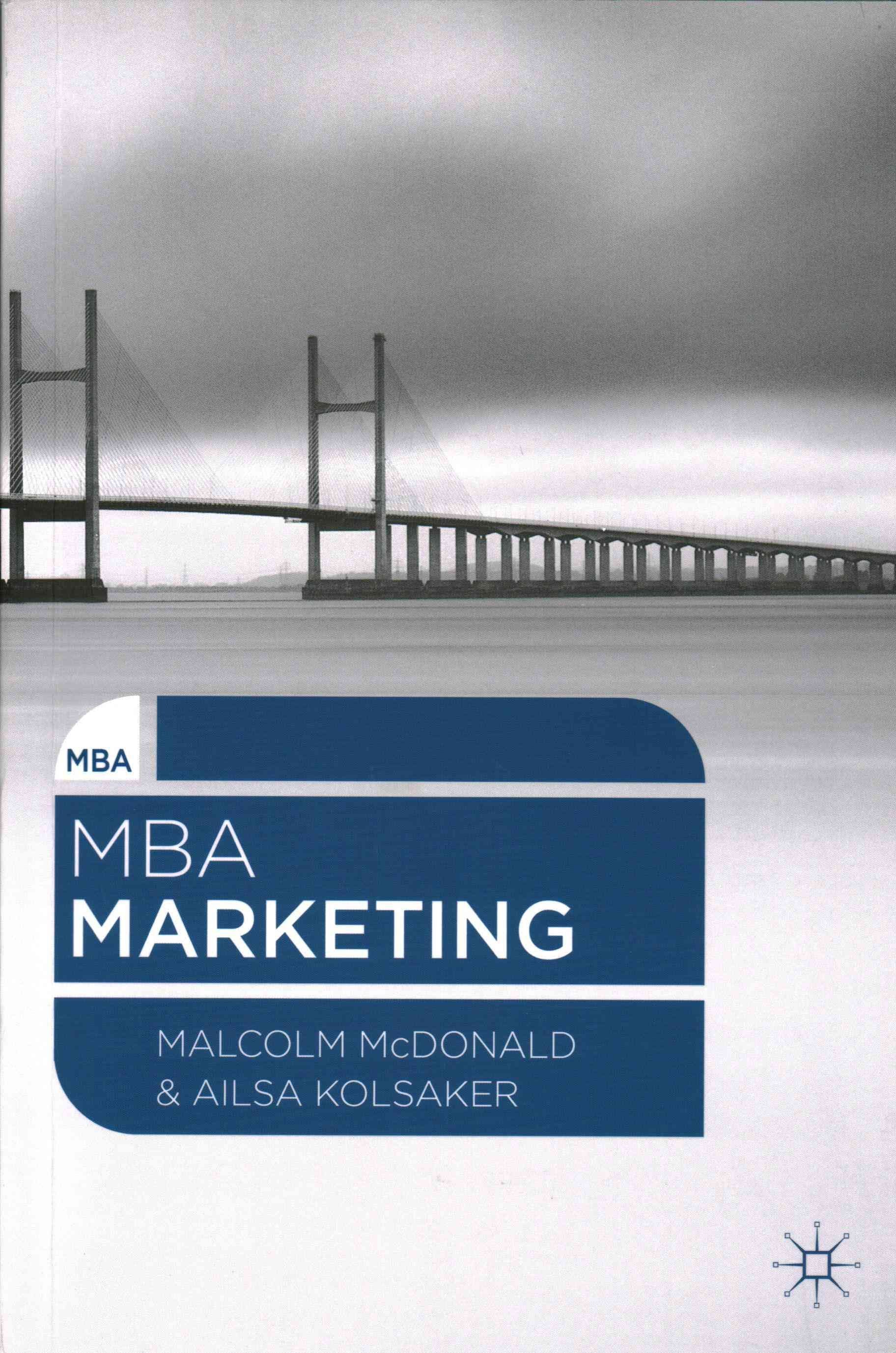In early 2006 BASF AG, Ludwigshafen, acquired, in a prolonged and rather hostile transaction, the U. S. Company Engelhard Corporation in order to strengthen its competitive position in the world’s largest economy. This sizable takeover follows even larger acquisitions by German companies in the United States in the past decade, such as by Daimler-Benz, Deutsche Telekom and Deutsche Bank. Due to increasing pressure from the continuous globalization of international capital and product markets, numerous medi- sized German companies also aimed at entering the United States, as it offers a more dynamic growth potential compared to many rather stagnant European markets. Accordingly, a transaction in the most important consumer market is expected to be particularly beneficial for German acquirers and should elicit positive reactions by investors. But did this actually happen? Despite the high volume of cross-border transactions during the past decade, the number of studies analyzing the success of mergers and acquisitions activity is still limited, especially regarding transatlantic acquisitions involving U. S. target companies. In his thesis, Bernd Wübben provides empirical evidence to fill this gap. Based on capital market data and a survey of executives, his primary objective is to assess the overall success of U. S. acquisitions by German companies and to identify which characteristics of the acquiring and target company and the acquisition structure had a significant impact on the transaction success.












